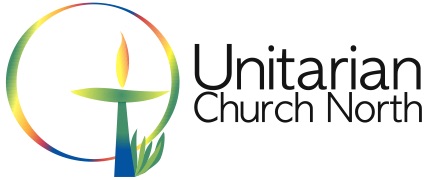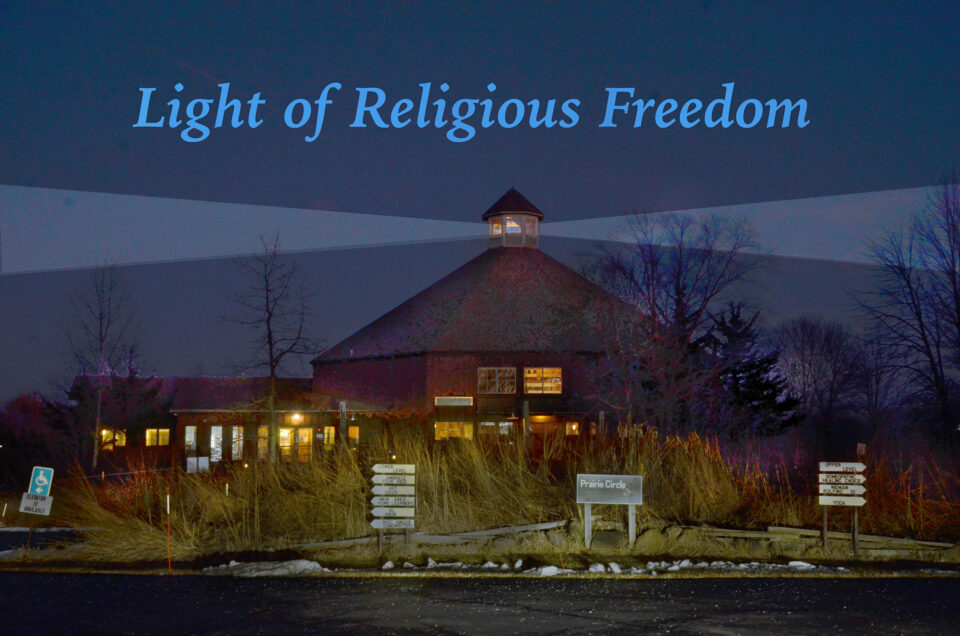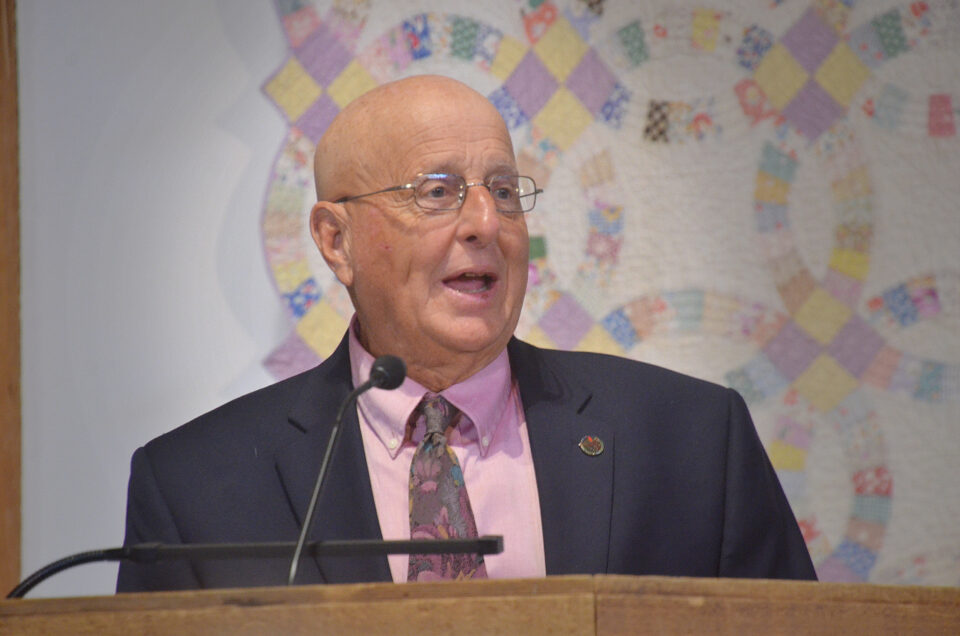Parson To Person: About the “Spirit of Life” 10-25-19
When the Unitarian Universalist Association published our “Singing the Living Tradition” hymnal in 1993, one of the new hymns that became quite popular right away was “Spirit of Life” (conveniently numbered 1-2-3). Almost every UU congregation sings this hymn now–some quite frequently. (Because the song is so brief, it apparently doesn’t feel “worn out” by frequent use.)
When I started my ministry in Racine (in 1975), the congregation didn’t have a tradition of prayer. But when that hymnal came out, almost everyone liked “Spirit of Life” (even if they were agnostic or atheistic). I surveyed the congregation to ask whether members would like me to say a prayer to “the spirit of life,” to go with the song. Most voted yes, so it became a frequent tradition.
I later discovered something interesting about the way “spirit of life” was interpreted by members of the congregation.One member told me:
I don’t believe in God, so I wasn’t in favor of prayer on Sundays–until I realized you were addressing the prayer to the spirit of life, which fits into my humanist perspective. So imagine my surprise when my Congregationalist mother came to live near us and she agreed to go to church with me instead of the denomination she raised me in. I told her OK, but I thought she wouldn’t like it. She later told me, ‘At first I felt a little uncomfortable at your church, because I didn’t hear the word “God” mentioned very often. But then I realized that “Spirit of Life” was just another way of saying God, so I felt right at home.'”
Interestingly, what made the phrase “Spirit of Life” work for both theist and humanist was its open-ended nature. For that reason, you will hear me “pray” to the Spirit of Life fairly often at the services I lead. I don’t mean to impose any particular theology on anyone. I realize that UCN has had periods in its history when words like “God” and “prayer” were seldom heard. And other times when traditional language like that was more plentiful. And I am well aware that, like most UU congregations, UCN includes a wide range of theological perspectives–Buddhist, Christian, Humanist, Jewish, Pagan, etc. (And no, they’re not listed in order of importance but alphabetically. And yes, there are undoubtedly a number of views embraced by that simple word “etc.”)
When I use the term “Spirit of Life,” you may wonder whether I intend it to mean God (as in Supreme Being/Creator) or to simply to refer to the larger context in which we live. The answer to that question is…
Yes.
peace and unrest,
tony


